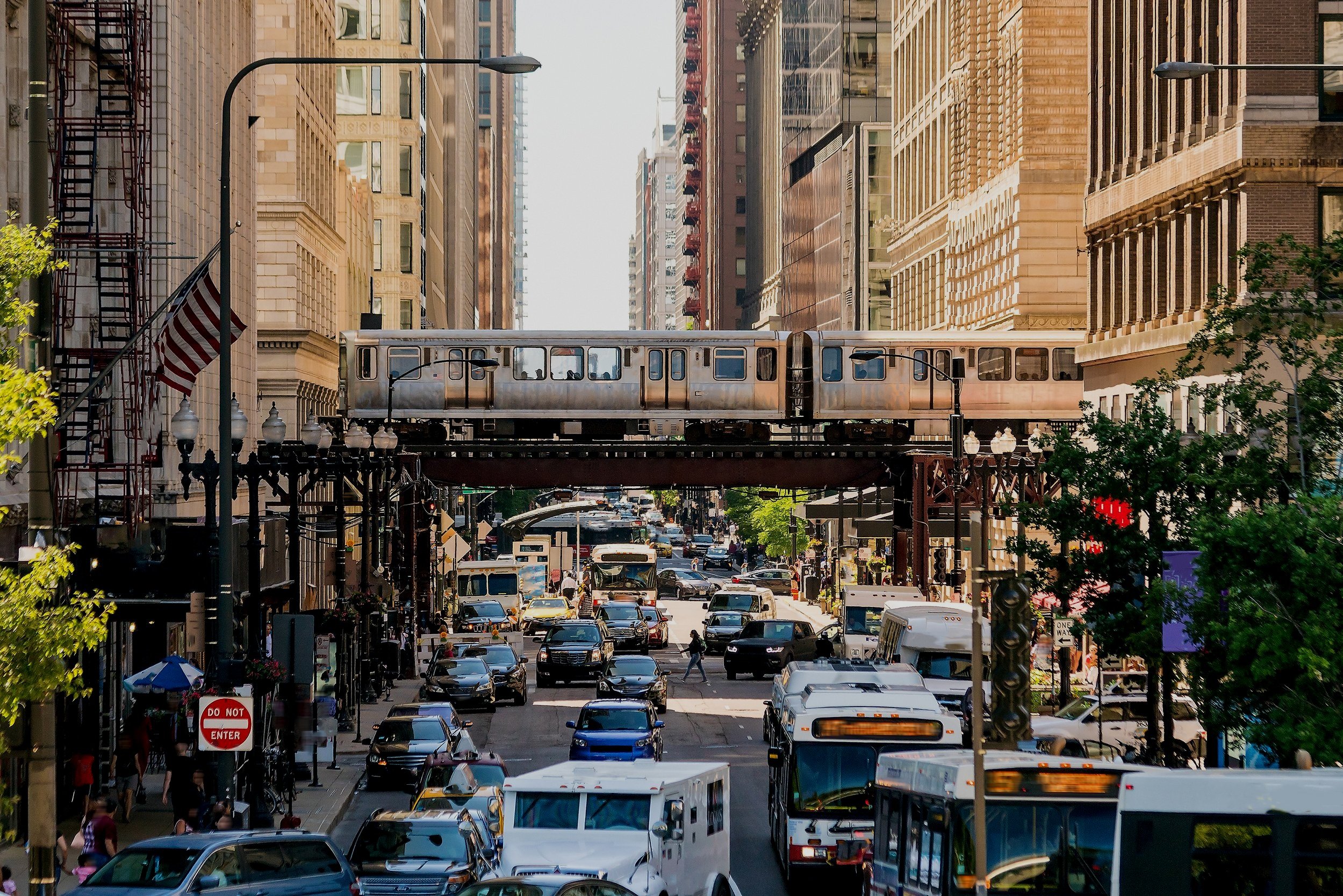
Our Mission
The Free2Move Coalition is an alliance of community and advocacy organizations working to create a safer, more racially equitable system of traffic safety in Chicago.
History of how and why F2M got started
The work of the Free2Move Coalition began in 2021 when a few community and advocacy organizations came together to discuss alarming issues they saw with Chicago’s current traffic safety system. They recognized police seemed more interested in using pedestrian, bike, and vehicle stops to investigate Black and Latine residents, rather than to make streets safer. They also believed that Chicagoans have the power to create safer streets without relying on police enforcement.
With these beliefs in mind, they began to build a new coalition that could craft a system of traffic safety that works for everyone but especially those who have been most impacted by discriminatory police enforcement. By the summer of 2022, the Free2Move Coalition was formed. We hit the ground running with research, outreach, and advocacy. In 2023, we plan to launch a campaign to drastically limit pretextual traffic, bike, and jaywalking stops in Chicago.
Our first step in this work is to End Pretextual Traffic Stops through Transformational Policy Change
The Free2Move Coalition is working to create a safer, more racially equitable system of traffic safety in Chicago by:
Creating and investing in alternative mechanisms to increase traffic safety and reducing reliance on police enforcement.
Ending pretextual traffic stops.
Ending racially disparate bike stops and ticketing.
Ending suspicionless searches and drastically reducing other invasive investigatory tactics used during stops.
Creating financial assistance programs for motorists and cyclists in need of equipment-related repairs.
Increasing safety on and access to public transit for all riders by decriminalizing transit fare evasion and creating a fare-free transit system.
Ending jaywalking enforcement.
Drastically reducing the financial harm of traffic enforcement by creating a more progressive citation structure that reduces fines and prioritizes restorative justice measures.
Transforming how we collect and report data to provide more transparency around the impact of traffic safety enforcement.
Obtaining a commitment from the City to address all traffic safety issues by investing in universal infrastructure and education and remove police enforcement from the Vision Zero Plan, its traffic safety framework.



